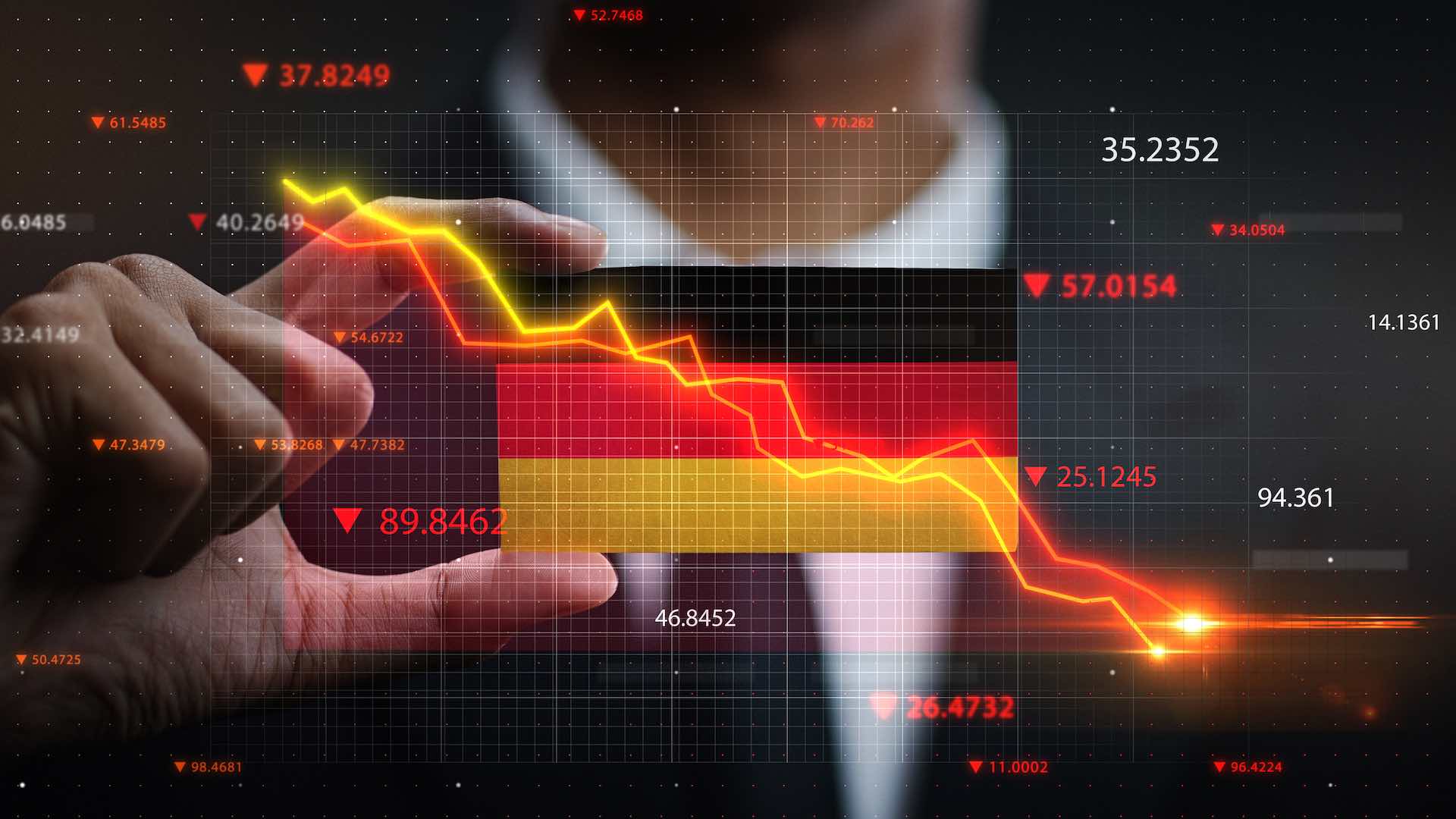Germany, Europe’s economic powerhouse, experienced a contraction in its economy for the first time since the Covid-19 pandemic began. The Federal Statistical Office of Germany (Destatis) revealed a 0.3% decrease in the Gross Domestic Product (GDP) for 2023 compared to the previous year. This decline signifies a challenging phase for the nation, marked by multiple crises, as stated by Destatis president Ruth Brand.
Inflation, although showing signs of easing, continues to exert pressure on the economy with persistently high prices. Factors such as rising interest rates and a reduction in domestic and foreign demand have further contributed to the economic slowdown. The final quarter of 2023 saw a 0.3% drop in GDP, narrowly avoiding a recession, characterized by two consecutive quarters of GDP decline.
This situation in Germany casts a shadow over the broader euro area, given Germany’s status as the largest of the 20 economies in the region. A survey by the World Economic Forum (WEF), coinciding with its annual meeting in Davos, Switzerland, reflects a bleak outlook, with a majority of economists predicting weak growth for Europe in 2024 and a potential global economic downturn.
The downturn in Germany’s GDP can be attributed to various sector-specific struggles, particularly in its vast manufacturing domain. Challenges such as reduced Chinese demand, high energy costs, and increasing interest rates have adversely affected this sector. Despite growth in automobile production and transport equipment manufacturing, the chemical and metal industries faced significant output reductions.
A contraction in industrial production and a decline in exports further accentuate these difficulties. Government and household spending also witnessed a decline, with government spending decreasing for the first time in nearly two decades. This decrease is primarily due to the discontinuation of state-funded Covid-19 initiatives.
Compounding the economic challenges, Germany faced disruptions due to a national rail strike over pay and working hours, along with farmers’ protests against cuts in fuel subsidies. These events signify a rocky start for the German economy in 2024. Economists, including Andrew Kenningham from Capital Economics, anticipate continued recessionary conditions with a forecast of zero GDP growth for 2024.



